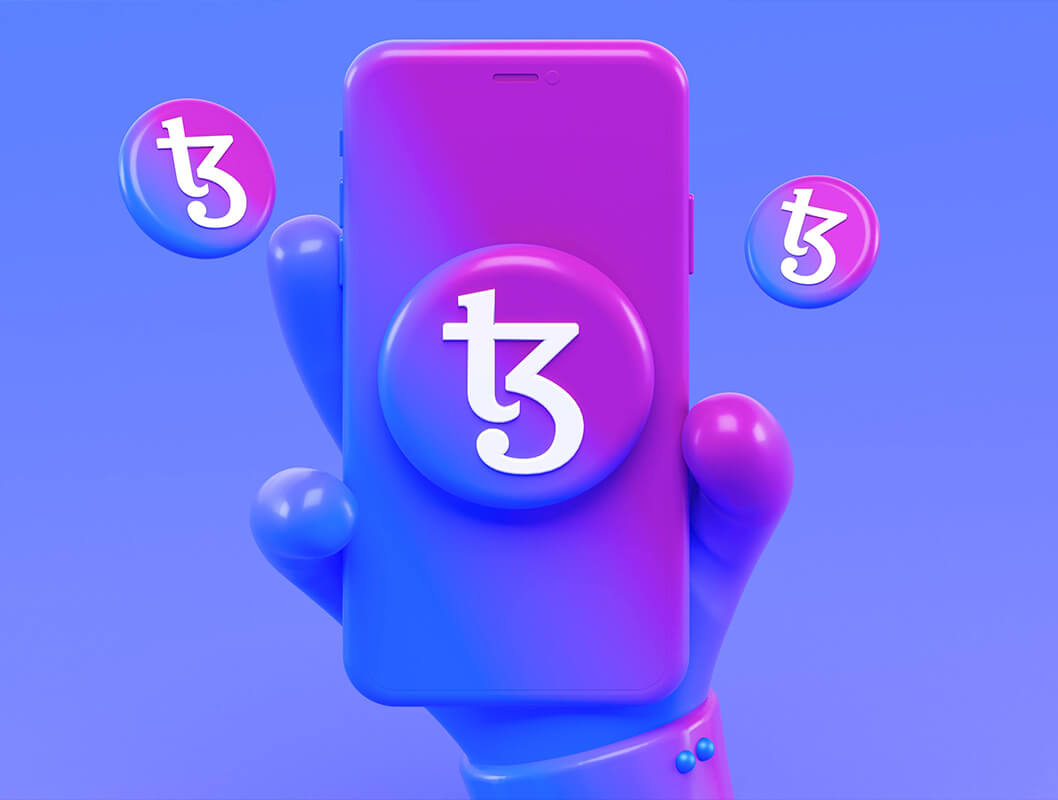Crypto Wallets:
How to Store & Use
Cryptocurrency
How to Store & Use
Cryptocurrency
Similar to storing cash in a bank account, wallet, or even a pocket, you also need a place to store your cryptocurrency, otherwise known as a cryptocurrency wallet.
Crypto wallets are exclusive to cryptocurrency asset storage; these wallets give users full control and access to their cryptocurrency. Some wallets can also hold blockchain-native assets such as NFTs. Already done your wallet research? Create a wallet so you can start exploring the multitude of crypto and NFT marketplaces.

Do You Need a Crypto Wallet?
You will need a crypto wallet to explore blockchain ecosystems and to own and hold cryptocurrencies. It can be your passport to the Web3 world, letting you unlock opportunities with cryptocurrency and NFTs.
Types of Crypto Wallets
Now let’s get into the types of wallets you might consider for different uses, such as active, day-to-day transactions or longer-term storage. Crypto wallets primarily differ in how “online” they are. The farther “offline” you take your wallet, the more secure it can be, but the more responsibility falls on you to keep it safe.
Software Wallets
Software wallets are simple-to-use applications that make it easy to manage your cryptocurrency. They rely on internet access and can be used on browsers, mobile devices, or desktops.
Software wallets are often referred to as hot wallets because they are best suited for active use and regular transactions. You can think of these wallets as what you’d carry when going to the store. While a software wallet is convenient for active use, it’s a best practice to pair it with a hardware wallet for safe, longer-term storage of your cryptocurrency.
If a software wallet sounds like the best crypto wallet for you, follow these steps:
- Download or navigate to the crypto wallet app of your choosing*
- Create your wallet.
- Choose a strong password and keep it in a safe place.
- Transfer cryptocurrency to your wallet.

Hardware Wallets
Hardware wallets are physical devices that store your private keys, the strings of letters and numbers that allow you to access your cryptocurrency. Because hardware wallets are not connected to the internet, they are very difficult to hack or steal.
Crypto hardware wallets are comparable to bank accounts or safes in a home. They are known as cold wallets because they are used for long-term storage rather than active use. It is important to note that hardware wallets don’t hold your cryptocurrency itself, but rather hold the private keys that allow you to access it.
Once you’ve purchased a hardware wallet from a reputable vendor, you’ll initially need to set up your wallet by plugging it into your computer. Most importantly, you’ll be prompted to write down and secure your recovery phrase, a long string of words which will allow you to recover your wallet if it is lost or stolen.
To set up your hardware wallet, here are some recommended next steps:
- Buy hardware wallet directly from the manufacturer*.
- Install the required software to access the wallet.
- Setup and configure the hardware wallet.
- Transfer cryptocurrency to your wallet.

*Choosing the right wallet can be a daunting process. Here are further resources on how to store, use and protect your crypto assets. As always, do your own research and select what is right for you.
Explore Tezos Wallets
How to Use a Crypto Wallet
After you’ve set up your wallet, you should have the ability to send and receive cryptocurrency. Your wallet will have a specific address associated with it — this address has a set format and consists of numbers and letters.
When you are sending or receiving cryptocurrency, it is recommended that you double-check that you have entered the correct address, since it is not possible to undo transactions that are processed.

Cryptocurrency Wallet Safety & Storage
You can help secure your crypto wallet with these steps:
Secure your private key in a safe place–never share your private key.
Create a strong password or pin for all accounts.
Enable 2-factor authentication wherever possible.
Do not share passwords, pins, or private keys with others.
Be careful when signing messages for wallet permissions.
Which Cryptocurrency Wallet should I use?
For hardware wallets, Ledger and Trezor are some of the most popular choices.
If you are looking for a software wallet, there are many options to choose from — some even have convenient features that allow you to connect to your Google or social media accounts. There are also wallets designed to support multiple cryptocurrencies and can store a variety of tokens, like tez and others.
It is common to have multiple wallets for different purposes. For most people, owning an easily accessible software wallet is ideal for smaller routine transactions, whereas hardware wallets may help provide an extra level of security for larger transactions. Deciding what your personal preferences are will help you choose the best cryptocurrency wallet for you.

Partners:


